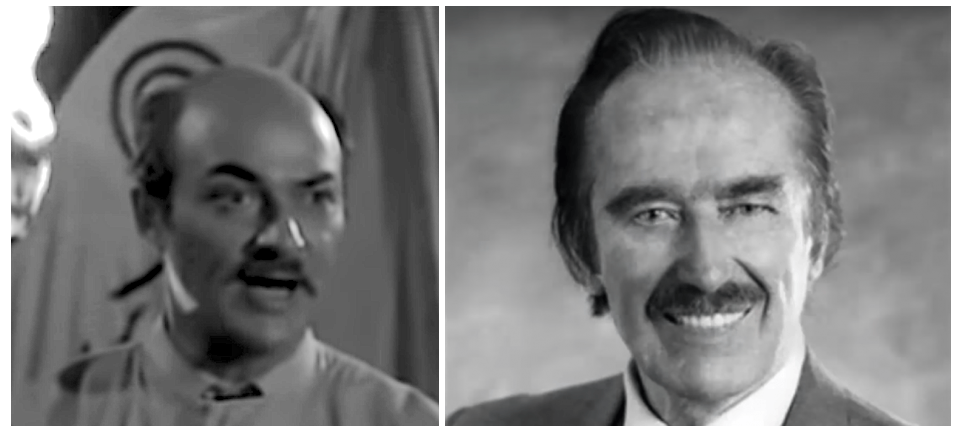One of the few bright spots of the last 8 months is Sarah Cooper and her brilliant videos. Nice piece in the Washington Post.
In a medium where teenage gamers become instant multimillionaires, Cooper is the strangest kind of overnight star. She has earned a master’s degree, written three books and developed more than a casual understanding of John Maynard Keynes. She was in her 30s before she did her first standup set, and spent the bulk of her adult life working at tech companies, most recently Google, where she led the team that redesigned the company’s popular word-processing program, Google Docs.
Gotta say it… I’m impressed by the Google Docs thing. She went from doing gigs in a pizza place in January to a Netflix special on October 27.
It is not your standard Netflix comedy show. For one thing, “Sarah Cooper: Everything’s Fine” is not standup. The special is a darkly hilarious and political sketch show filmed on the covid-claustrophobic set of a fictitious morning program hosted by a needy and desperately cheery character named Sarah Cooper.
If you’ve been living in a cave (or watching nothing but Fox News) you can check out her work on YouTube.




